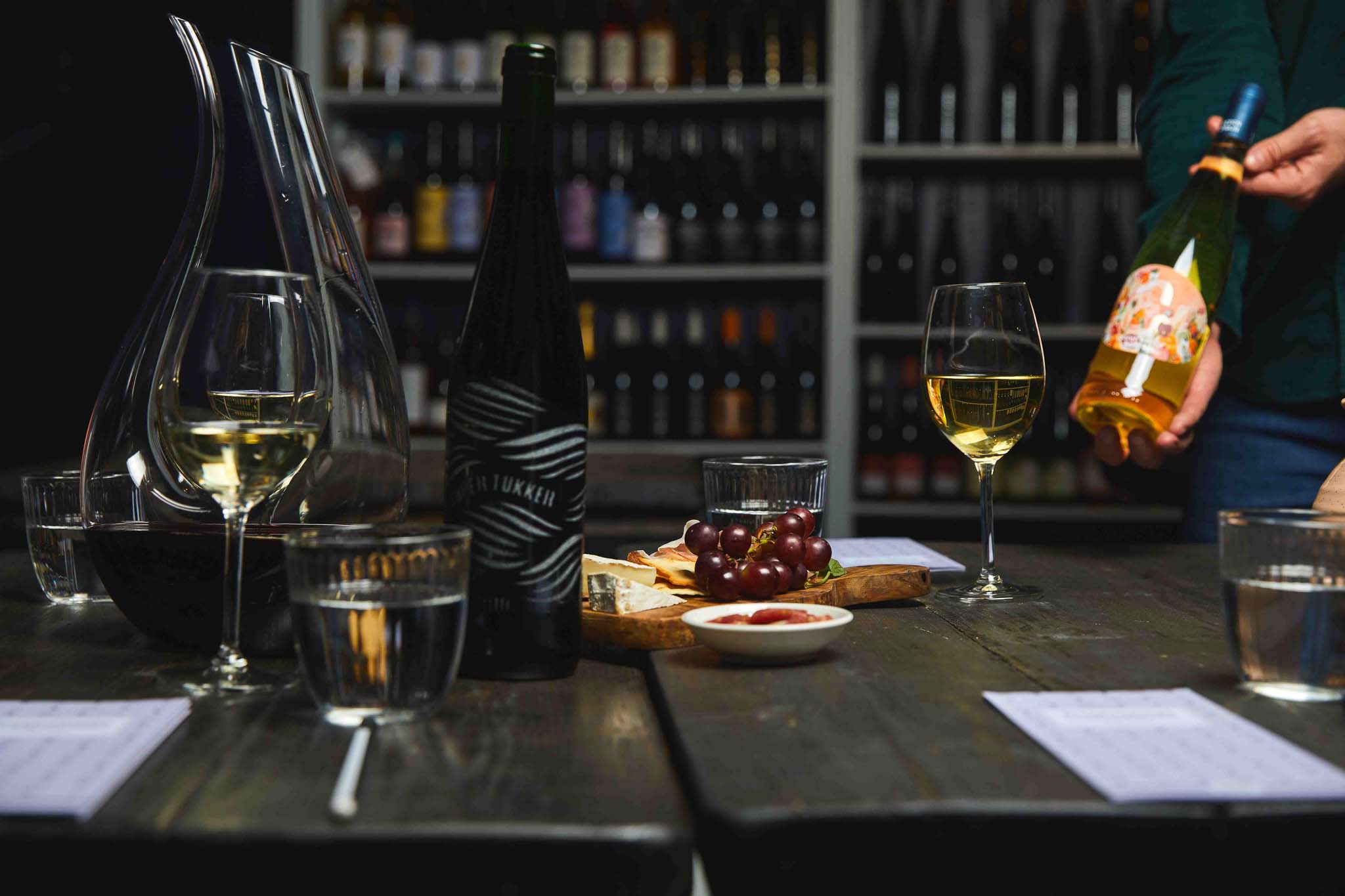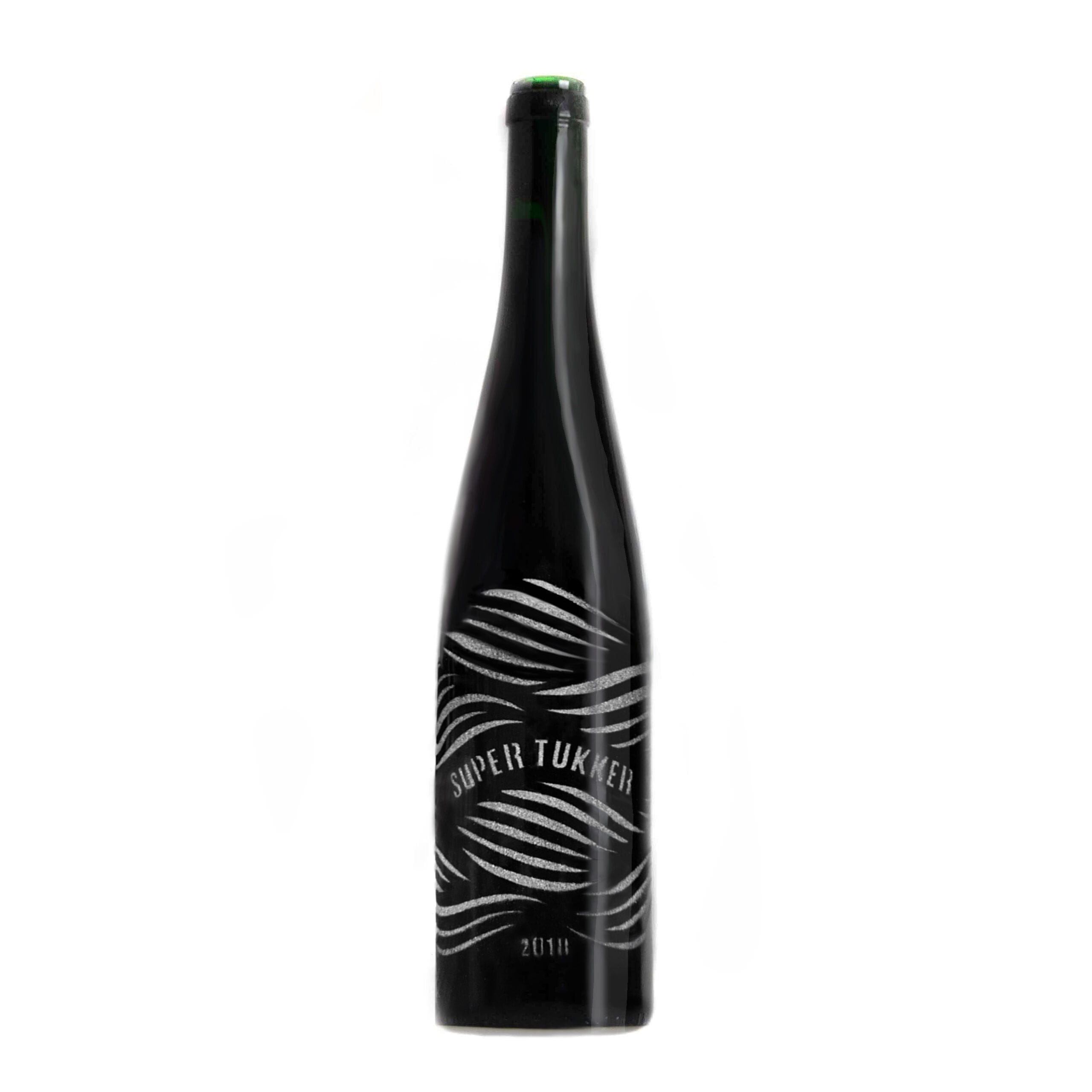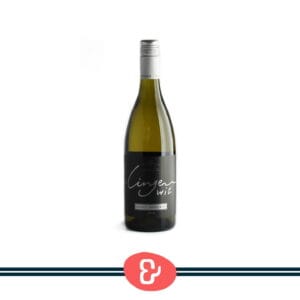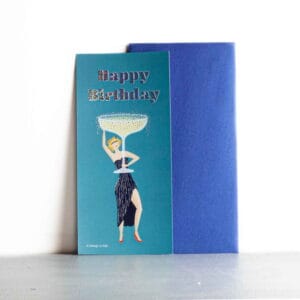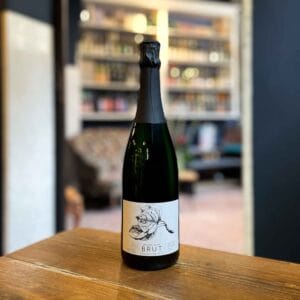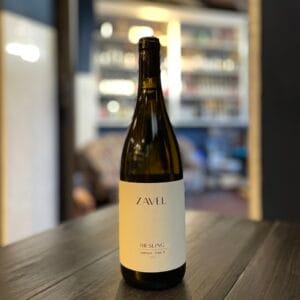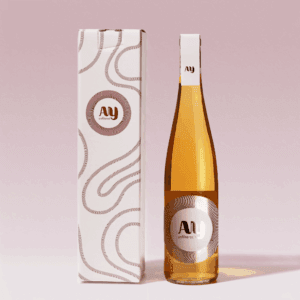Vineyard VieVinVjenne
Natural winemaker Marcel Oude Booijink of Wijngaard VieVinVjenne is a true pioneer when it comes to making wine in the Netherlands. The wines are, just like the winemaker, bursting with character. You can read here how these special wines are made!
Twente wine, made completely naturally
15 years ago winemaker Marcel and his wife Hermien Oude Booijink moved to the farm in the Twente town of Vriezenveen in the province of Overijssel. The piece of land where the vineyard now stands was previously used to graze some cows. A big advantage, because the soil had not previously been used for the cultivation of other crops, no pesticides, plant protection products or other toxic substances were found in the soil. This fertile piece of land was to become the first natural vineyard in the Netherlands. Even before the moving boxes were unpacked, the vines went into the ground and 2.5 hectares of vineyard were planted.
From the very beginning, this vineyard has been completely natural. This means that the wine is made as little as possible. This applies both in the vineyard and in the winery itself. There are many advantages to this way of making wine. This way the wine has more taste, little to no sulphite, it is incredibly sustainable and a lot healthier!
No pesticides, pesticides, foliar fertilizers and fertilizers are used in the vineyard
The grapes are harvested and selected by hand
We work with naturally occurring yeasts
The wine is not filtered
Very little sulfite is used
Letting fewer trusses hang down = less yield of a higher quality
Pioneering in the vineyard
The VieVinVjenne vineyard is located on 'Purely Nature Estate Twente'. In addition to the vines, there are also apple trees, sheep and organic hay are made here. A green verge has also been created to improve the biodiversity in the area. Well thought-out choices have been made for the layout of the estate and the choice in planting grape vines.
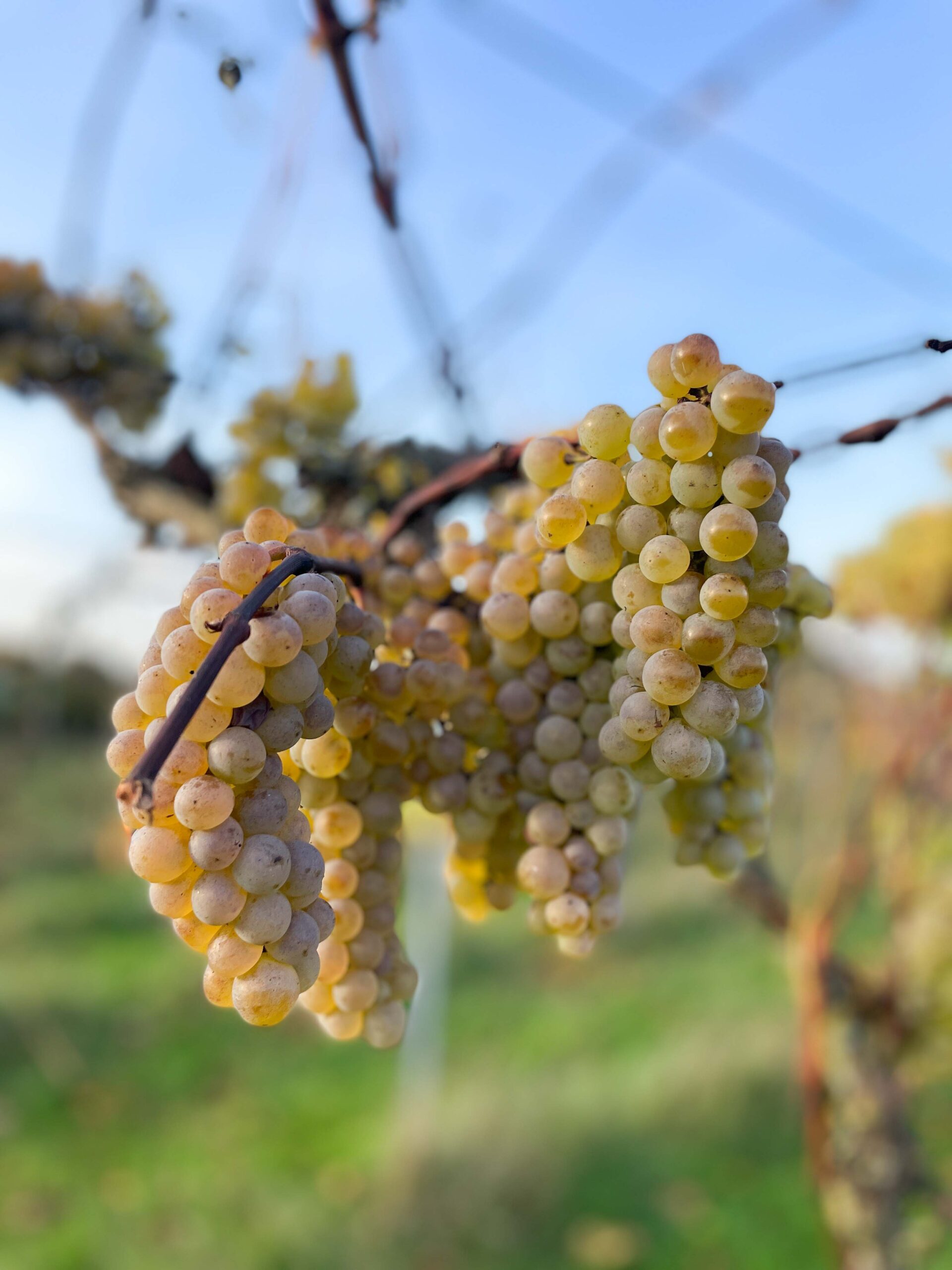
The grape varieties
Winemaker Marcel did a lot of research when planting the grape varieties. Factors that are important for the choice of grape varieties are soil, climate and natural resistance to disease and mold. Where many winemakers in the Netherlands mainly plant white wine grapes, Marcel has chosen to plant blue wine grapes for the most part.
The red wine grapes
- Leon Millot
- Marshal Foch
- Cabernet Cortis
- Rondo
The white wine grapes
- Solaris
- Johanniter
These grape varieties are also called 'hybrid' or 'piwis'. These are crosses between different grape varieties that have natural resistance to diseases and fungi. This makes the grapes extremely suitable for working organically.
The curtain system, wine grapes at a height of 180 cm
The vines at VieVinVjenne hang much higher than at other vineyards in the Netherlands, which start at about knee height. This so-called curtain system, also called curtain system, has many advantages. The grapes are better protected against frost and fungi. Because the vine has to grow higher, it takes about two years longer before wine can be made from the first harvest. Many winemakers choose to tie the vines lower for commercial reasons. Both the chance of night frost in Twente and the aim to work completely naturally made the curtain system the best choice for VieVinVjenne.
Protection against frost
This method of tying is also used to protect against night frost. When the buds come out in spring they are very vulnerable, when the young buds are hit by night frost they will no longer produce grapes that year. A winemaker's nightmare. In the fairly cold Twente, night frost occurs regularly in the spring. By growing the vines, and therefore the buds, at a height of 180 cm, they are just one or two degrees higher in temperature. This seems like a small difference but it has been proven effective for several years.
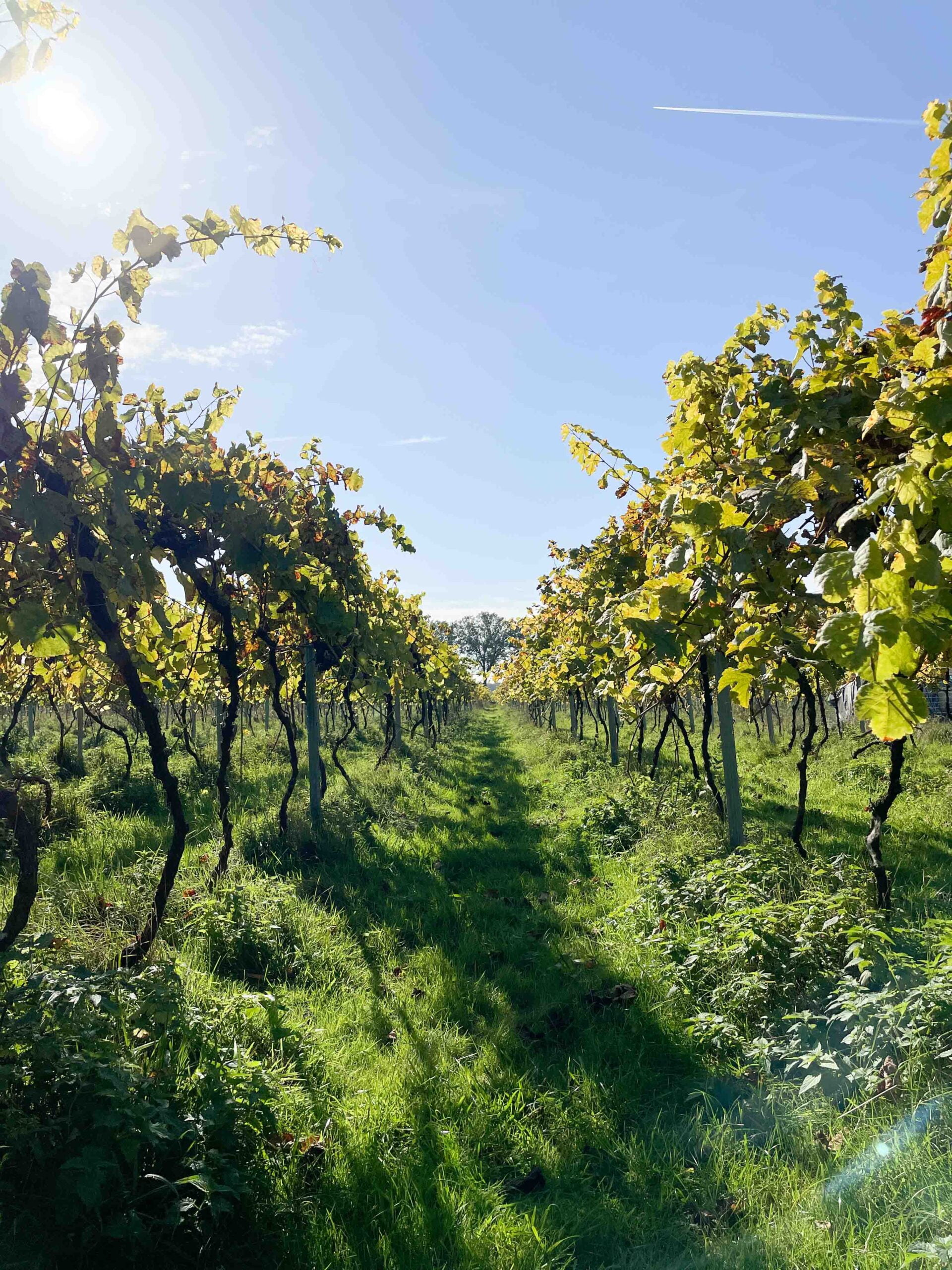
Protection against fungi and diseases
This system not only protects against frost but also against fungi and diseases. Although the grape varieties used are already very resistant, a fungus or disease can always enter the vineyard. By removing grass and weeds from regular, low vines, the vines are better protected. That is why you always see a so-called 'black strip' at many vineyards, a hoeed piece of earth directly under the vine.
Winemaker Marcel believes that the weeds ensure that you get strong vines and contribute to biodiversity and therefore natural protection. Because the grapes grow at a safe distance from the weeds and sheep eat the lower leaves, the risk of cross-contamination is virtually nil.
Natural lawnmowers
The high vines allow sheep to roam the vineyard all year round. These cannot reach the buds and grapes. The sheep eat low hanging leaves, weeds and grass and leave the bark of the trunk alone.
The perfect harvest
Each grape variety is harvested at three different times
Where almost every winemaker harvests per grape variety, Marcel and Hermien do it slightly differently. During the harvest, only the ripest specimens are harvested per grape variety. This means that the grapes that have hung a little more in the shade are given a few extra days to ripen. A labour-intensive job that hardly burns any winemaker during the busy harvest season. However, by using only the best ripened grapes, the quality of the wine becomes exceptional. Everything is harvested by hand and strictly selected.
Natural and extremely clean work
After all that hard work in the vineyard, wine can finally be made. The rule of thumb when making natural wine is: you don't add anything unnatural to it, and you don't filter anything out either. This gives you pure wine without chemicals. This method is wonderful, but it also involves risks. A bacteria can just cause unpleasant odors to enter the wine or that the wine is no longer good at all. Intervening with a natural wine by filtering it out or disguising it is not possible with natural wine. That is why all materials are cleaned extremely well and work is done as sterile as possible.
Special collaborations
Vineyard VieVinVjenne makes the best wines in the Netherlands in our opinion. The quality of the wines is extraordinary and restaurants in the Netherlands have also noticed this. The small editions are therefore always quickly sold out. A small part of the wines are reserved for special collaborations.
Super Tucker
The Super Tukker is an exclusive bottling for us (Diederik & Rose) from Design & Wine. Our focus is on Dutch wine and when we tasted this red wine from VieVinVjenne our mouth fell open. We therefore thought that this exceptional wine should also come in an exceptional packaging. The wine label is sandblasted into the bottle.
Particularities:
Harvest 2018 – Bottling in 2022
Grape varieties: Marechal Foch, Leon Millot, Cabernet Cortis, Rondo
3+ years in used oak barrique
13% Alcohol
Vegan & Unfiltered – Natural wine
This Dutch Red Natural Wine is made in a very limited edition: 220 bottles (0.75L) & 20 Magnums (1.5L)
Price range: 37,50 through 89,00
Ay-Wines – Dutch Orange Wine
Ay-Wines is the wine label founded by Ayleen Charlotte. One of the victims of the Tinder Swindler. For her wine label, Ayleen has entered into a partnership with very good winemakers in Europe. The kick-off of her label (November 2022) is with a very special copy. This orange wine from VieVinVjenne has been able to develop for 5 years in stainless steel tanks and has become very refined. The wines under Ay-Wines are naturally made and unfiltered.
Particularities:
Harvest 2017 – Bottling in 2022
100% Solaris
5 years aging in stainless steel tanks
14% Alcohol
Vegan & Unfiltered – Natural wine
This Dutch orange wine is made in a very limited edition of 650 bottles
29,50
Op voorraad
The wines of vineyard VieVinVjenne
Curious about the special wines of VieVinVjenne? Discover and order the wines in our webshop.
Showing 409–413 of 413 resultsSorted by popularity



